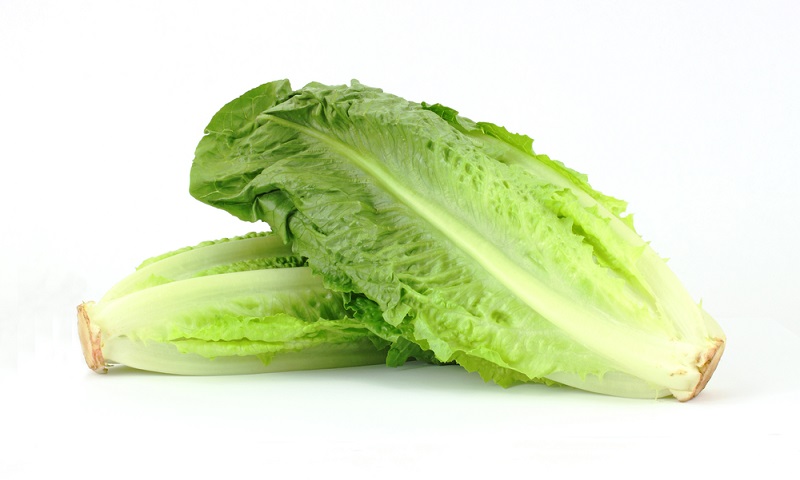
CDC Says to Avoid All Romaine Lettuce Amid E. Coli Outbreak

An E. coli warning tied to romaine lettuce is being expanded to include all types of romaine from a region in southwestern Arizona, the Centers for Disease Control and Prevention (CDC) announced today (April 20).
The announcement means that consumers should avoid eating not just chopped romaine from this region — as the CDC previously advised — but also whole heads and hearts of romaine, the CDC said.
The warning was spurred by an outbreak of E. coli that has now sickened 53 people in 16 states. Of these, 31 have been hospitalized, and five have developed a serious condition called hemolytic uremic syndrome, which is a type of kidney failure, the CDC said.
The agency has traced the outbreak to romaine lettuce grown in the Yuma region of Arizona. Initially, the CDC said the outbreak was tied to chopped romaine lettuce from this region. But the agency has learned of several people in Alaska who fell ill after eating whole heads of romaine lettuce from Yuma, Arizona, which led health officials to expand their warning. [Does Washing Lettuce Get Rid of Bacteria?]
So far, no specific grower, supplier, distributor or brand of romaine lettuce has been identified as being linked to the outbreak.
Consumers who have store-bought romaine lettuce in their fridges are being advised to throw it away. And if they aren't sure whether the lettuce is romaine, they should also throw it away, the CDC said.
Consumers should also avoid buying or eating romaine lettuce for now, unless they can confirm that the lettuce is not from the Yuma growing region, the CDC said.
Sign up for the Live Science daily newsletter now
Get the world’s most fascinating discoveries delivered straight to your inbox.
Original article on Live Science.

Rachael is a Live Science contributor, and was a former channel editor and senior writer for Live Science between 2010 and 2022. She has a master's degree in journalism from New York University's Science, Health and Environmental Reporting Program. She also holds a B.S. in molecular biology and an M.S. in biology from the University of California, San Diego. Her work has appeared in Scienceline, The Washington Post and Scientific American.









